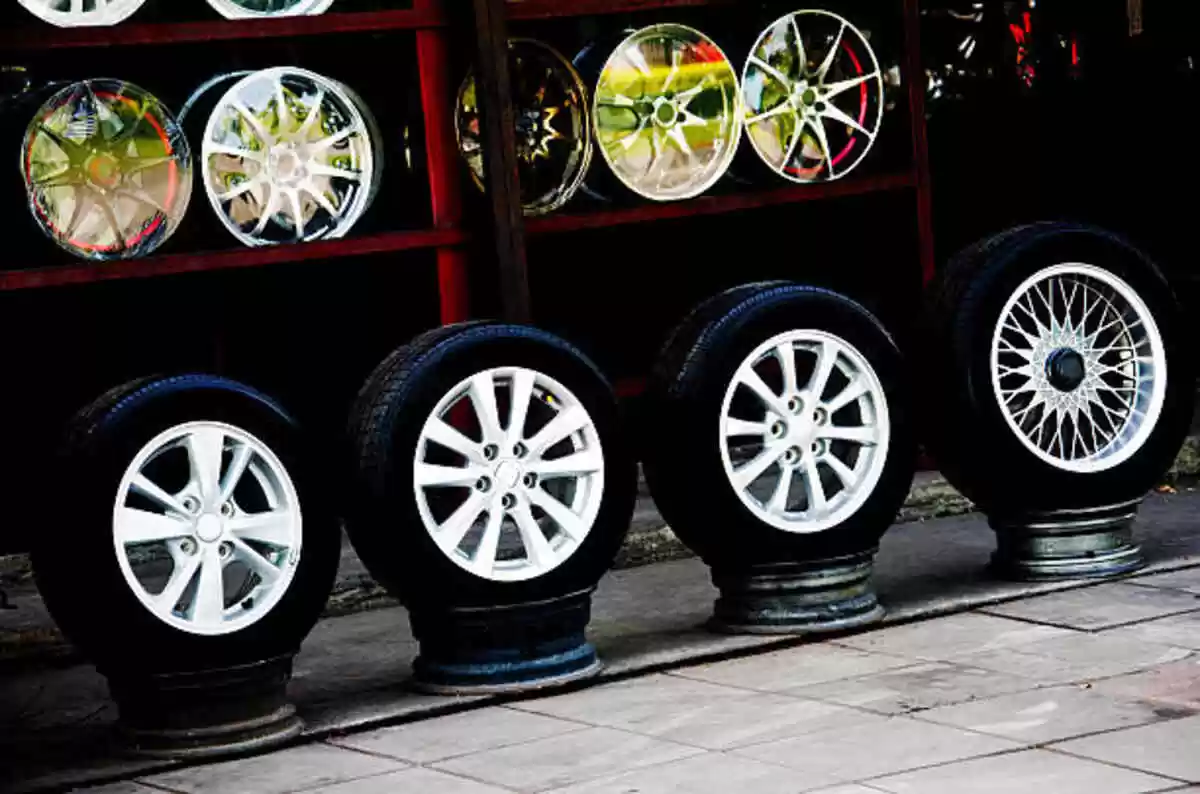North America’s auto industry is already weary from two years of supply chain troubles and pipeline interruptions on parts and vehicles. But things could now get a bit worse.
The labor contract between the Pacific Maritime Association and the International Longshore and Warehouse Union expired July 1, and that could squeeze inbound inventories even tighter.
The contract covers 22,000 workers at 29 West Coast ports that stretch from San Diego to Bellingham, Wash. Negotiations are underway, and the ports — already under enormous pressure to process cargo amid COVID-19 — are still operating. But the union is working without a contract.
The association and union issued a joint statement ahead of the contract’s expiration assuring onlookers that the ports would remain operational and that they both “understand the strategic importance of the ports to the local, regional and U.S. economies, and are mindful of the need to finalize a new coast-wide contract as soon as possible to ensure continuing confidence in the West Coast.”
The union maintains that a solution will be reached. “The ILWU has been negotiating with the PMA for decades, and we always get an agreement,” union President Willie Adams said in a statement.
Of most concern are the ports at Los Angeles and Long Beach, located side by side in the San Pedro Bay Port Complex in Southern California. Together, they receive 40 percent of U.S. imports from Asia and are considered the “anchors” of West Coast port traffic.
Los Angeles is the busiest port in the Western Hemisphere.
Despite the joint pledge to finalize a new contract swiftly, there are concerns union members may push back against working outside of a contract.
“The longer the talks continue, the more potential there could be for a slowdown,” said Charles Klein, Detroit station manager for freight forwarding company OEC Group. A worker slowdown is a tactic used by employees to reduce productivity while still performing their duties.
For the auto industry, the implications of a slowdown could be tighter supplies of vehicles than U.S. retailers are already coping with.
“A slowdown for even a week and a half would have an impact down the line,” Klein said, especially on top of “thousands of containers” that are already delayed in L.A. and Long Beach because of the record number of goods shipped three months ago that are just now moving through the system.
“All of these Tier 1 and 2 suppliers have been struggling for the past year just with congestion,” Klein said. “So anything on top of that to exacerbate the problem is not good as people wait for new cars.”
Auto parts are the No. 2 import at Los Angeles. In 2021, they consumed 318,825 TEUs. TEU is shipping parlance for “twenty-foot equivalent unit” — meaning the capacity of a 20-foot-long container.
Assembled vehicles arrive in ships, not containers. The auto terminal at Los Angeles, which handles Nissan, Infiniti and Mazda vehicles, brought in 101,047 units in 2021. Toyota Logistics operates one of the terminals at the Port of Long Beach.





